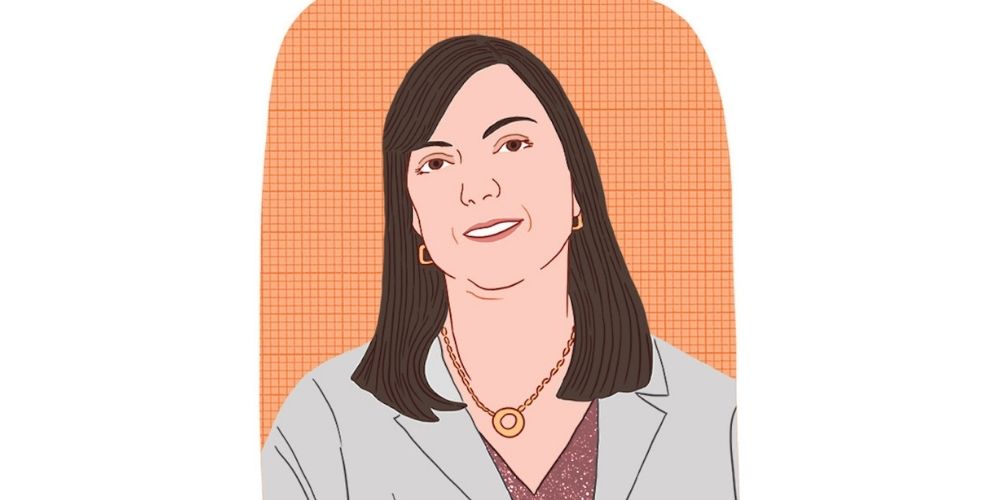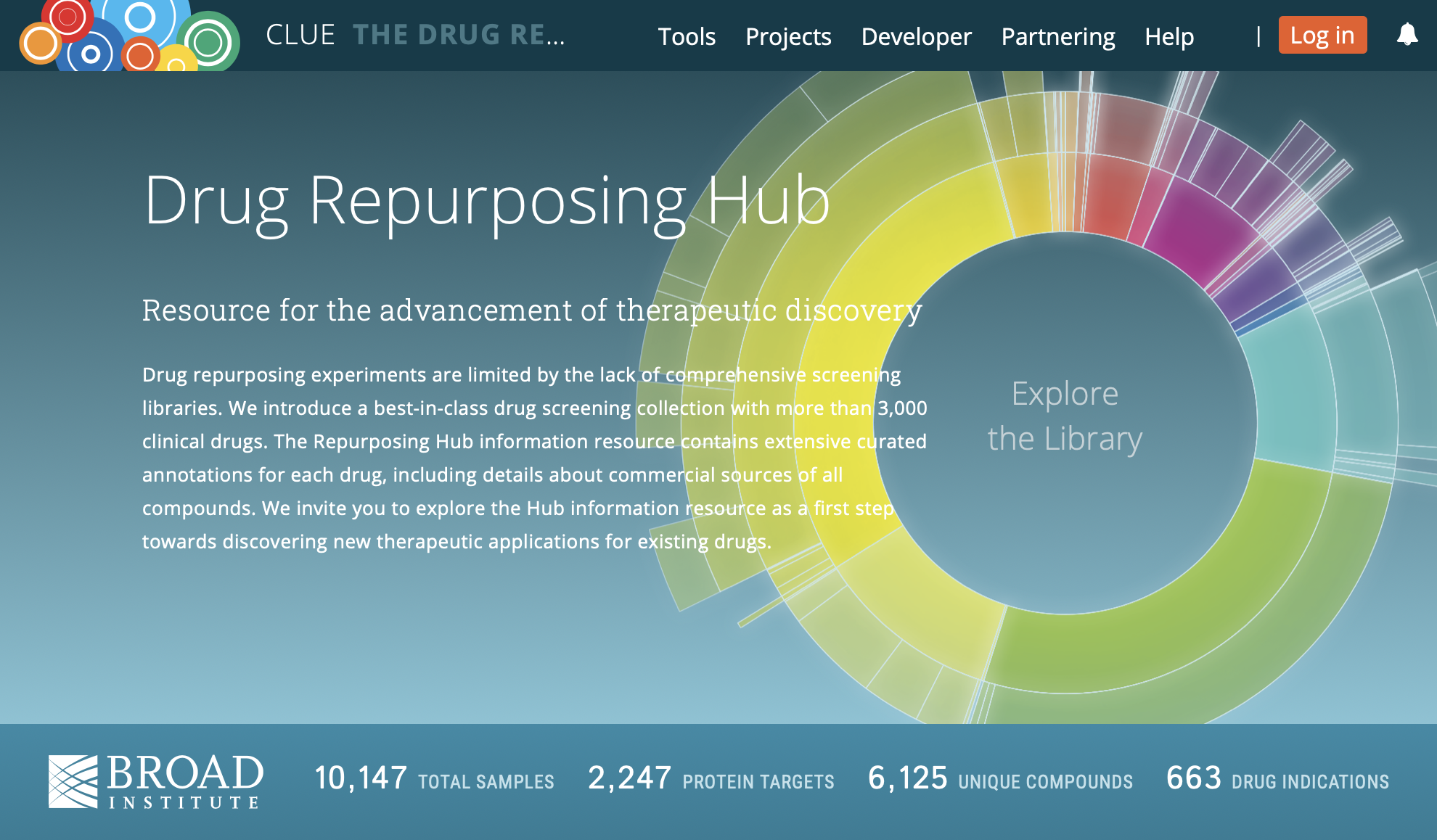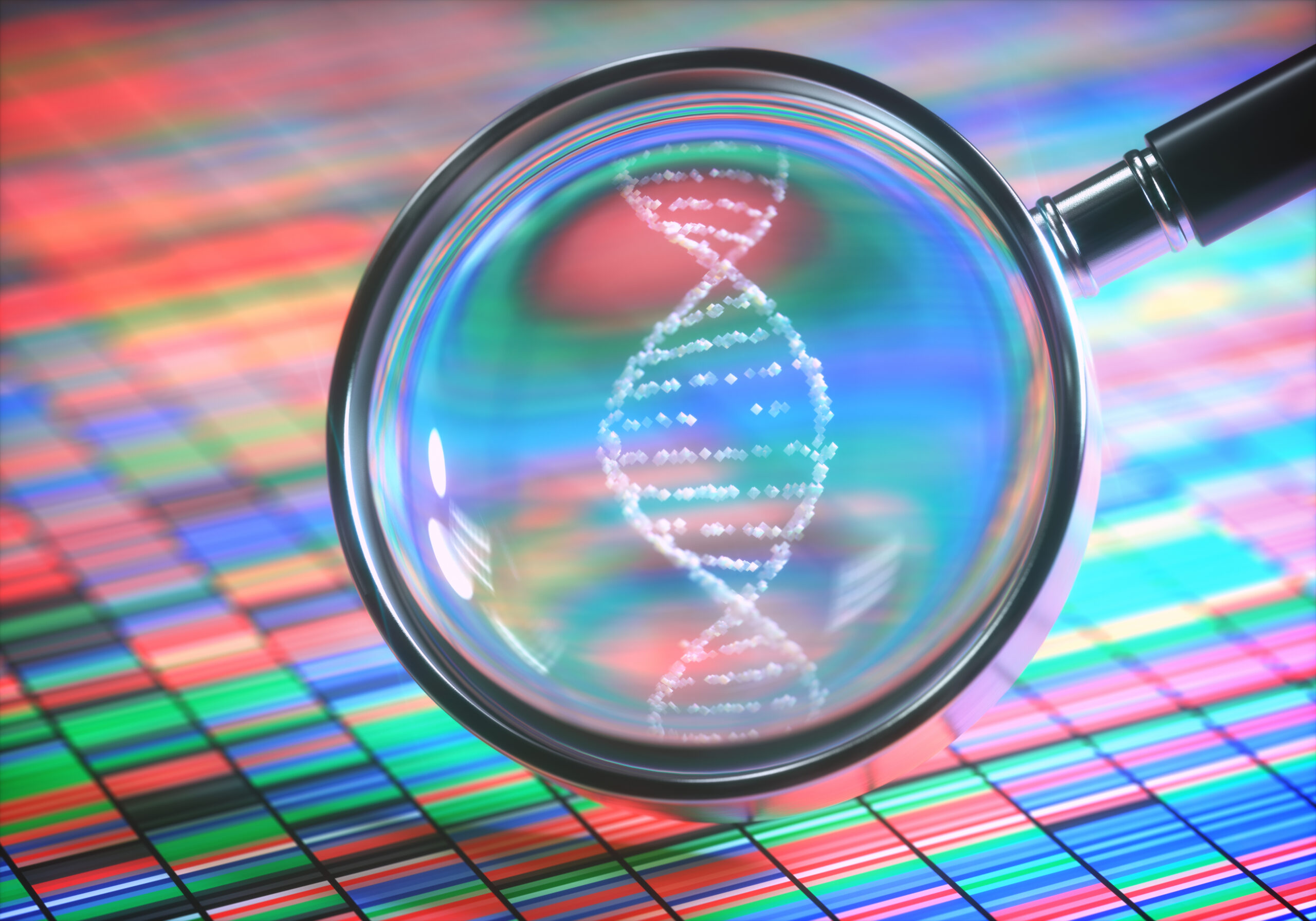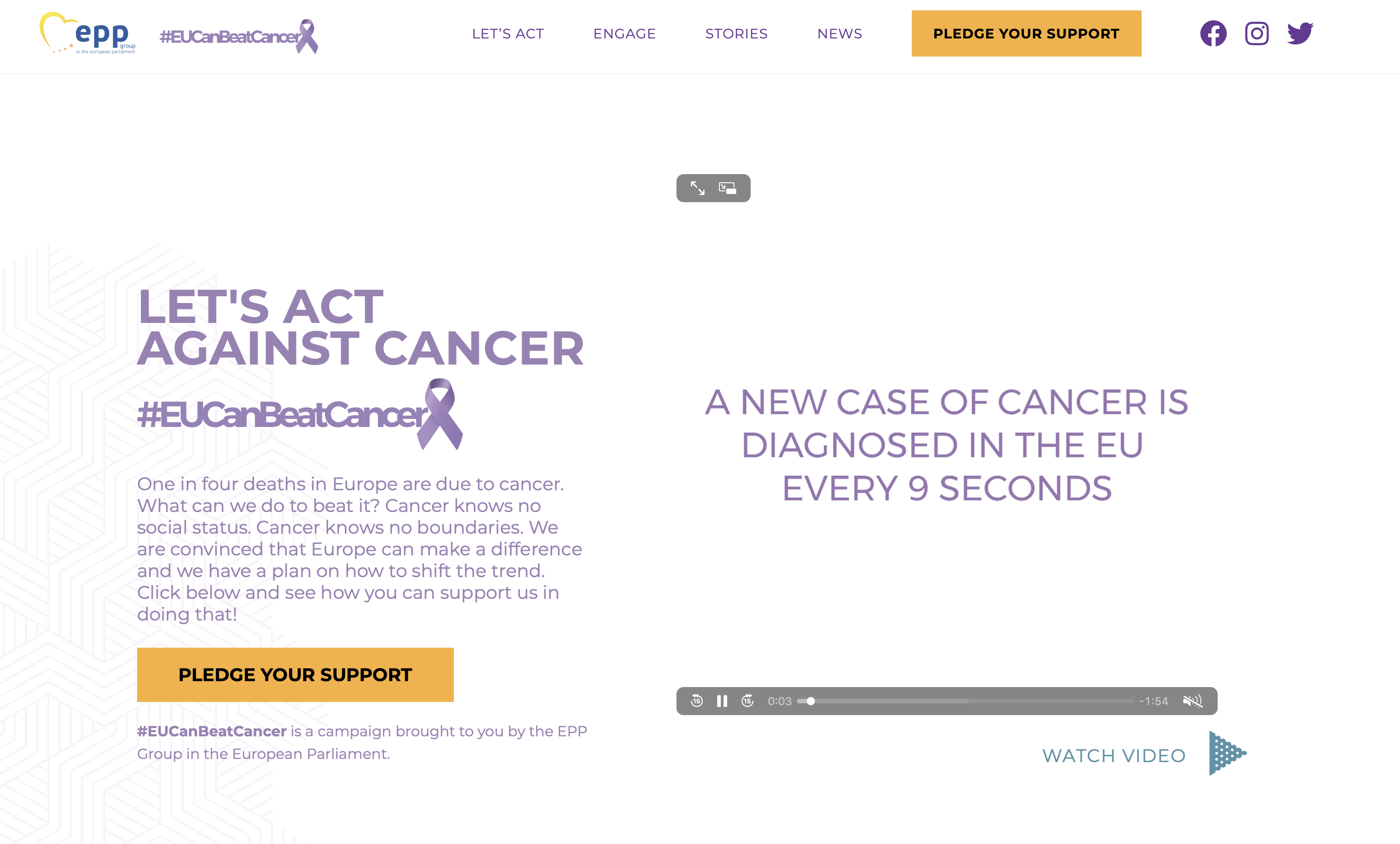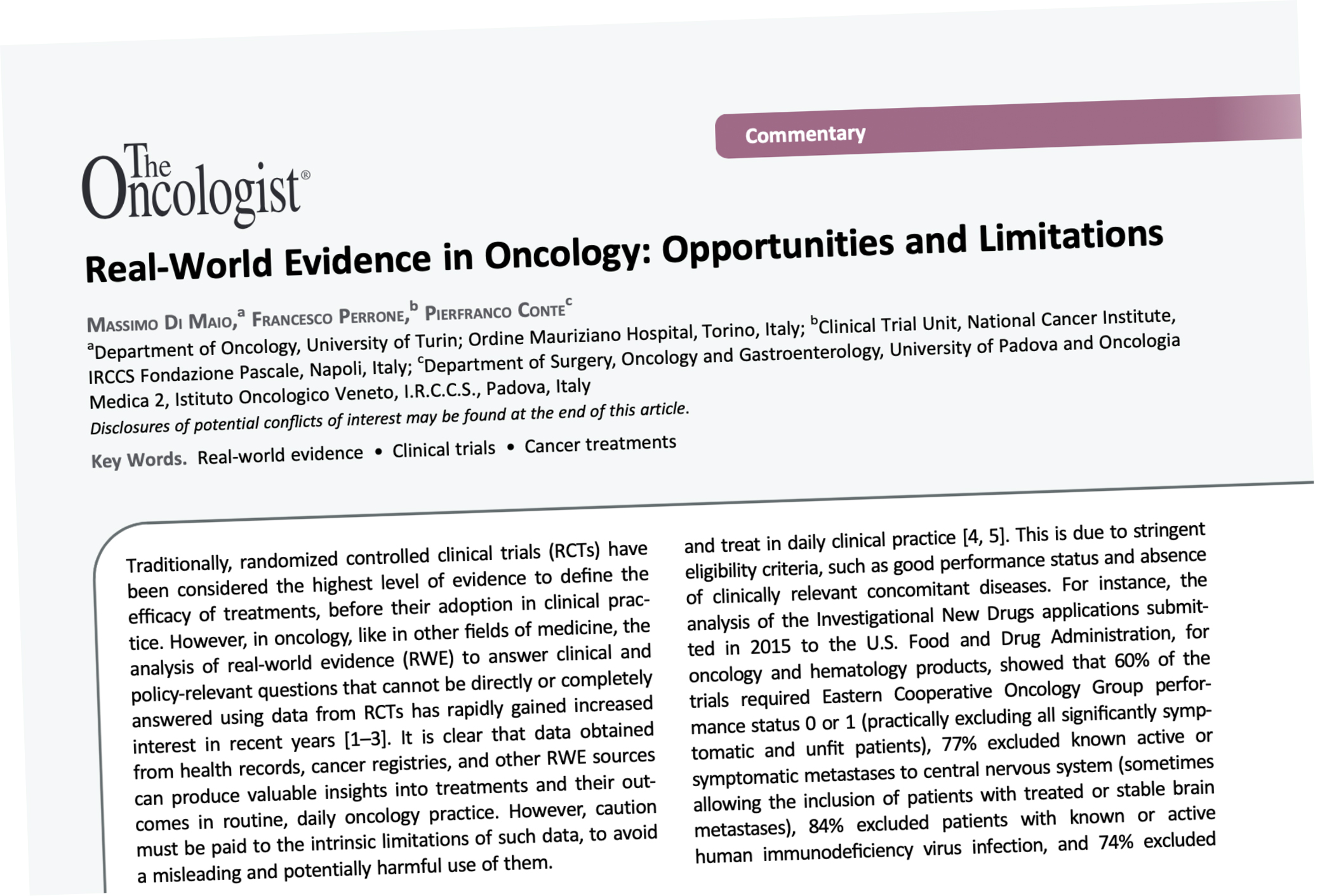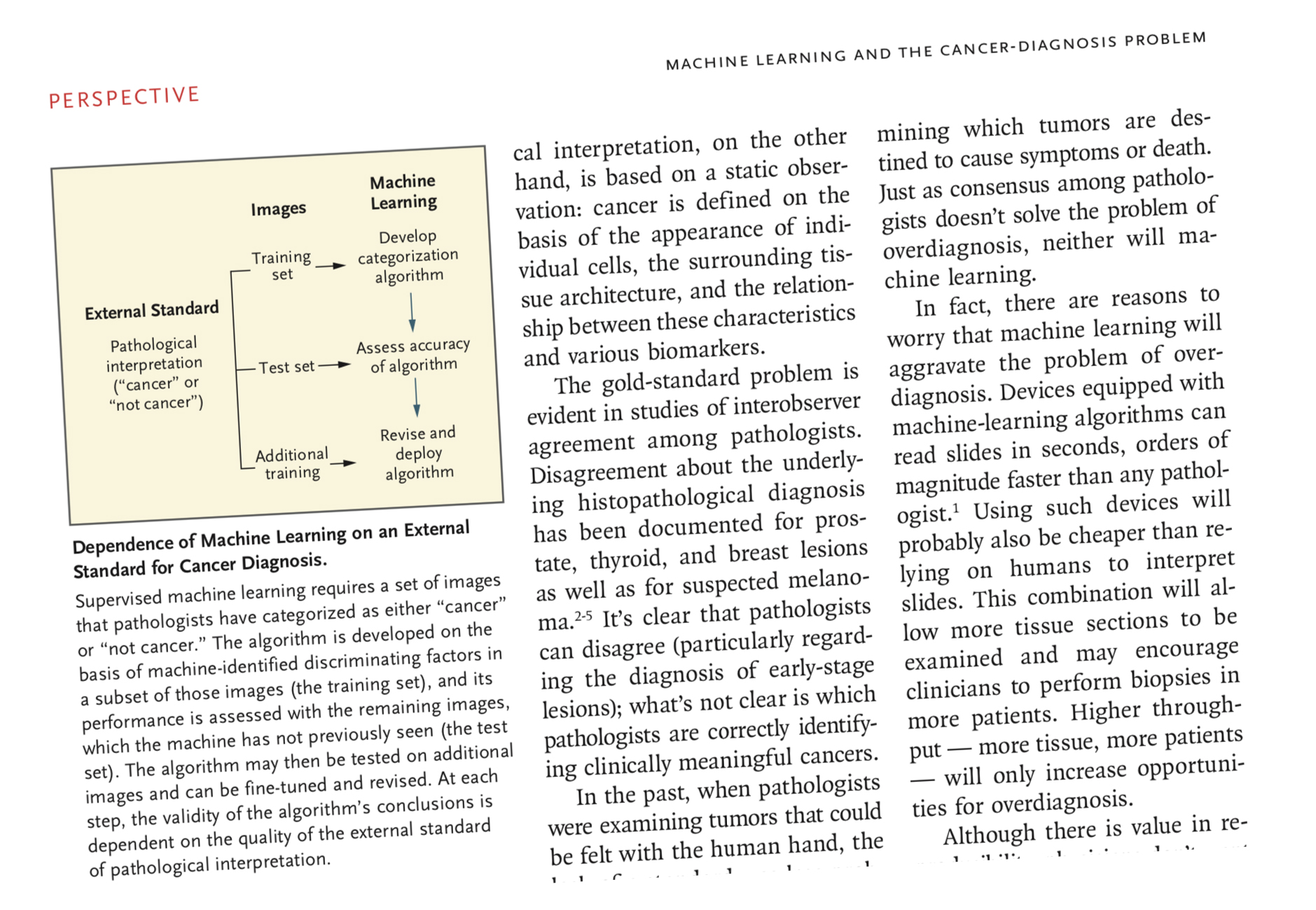Posts by year
2020
Tackling cancer in interesting times
Being Venetian by birth, I am a keen visitor to the Biennale – the contemporary art exhibition that is hosted by the city every two years. In 2019, reflecting this period of tumultuous change, the Biennale adopted the theme: “May…
Non-cancer drugs repurposing, a new trick to win the onco-challenge?
Originally developed and approved for use in diabetes, inflammation and other non-oncological diseases (even osteoarthritis in dogs), many drugs could have a pivotal role in treating cancer. And they could be more abundant than expected, according to a paper recently…
Genetics of breast cancer: much more than a BRCA story
Over 450 departments and institutions worldwide have contributed to the most comprehensive study conducted so far on breast cancer risk variants whose results have been published in Nature Genetics. The fine mapping of 150 breast cancer risk regions identified nearly…
The European Parliament launches a new committee on cancer
The European Parliament has announced the establishment of a Special Committee on Cancer: "If we combine our research, our resources and our experience, the European Union can beat cancer. Experts are telling us it is possible" said Manfred Weber, Chairman of…
More data on physical activity and reduction of cancer risk
Recommended leisure-time physical activity is associated with a lower risk of 7 types of cancer, according to a new study published on Journal of Clinical Oncology. «In the past decade, our knowledge of the number of cancers linked to physical…
Real-world evidence in oncology has benefits (and risks)
Despite some weaknesses, real-world data can have a pivotal role in oncology, helping researchers and physicians to better understand the efficacy of anti-cancer treatments and how to manage the side effects. This is the position expressed in a commentary published…
Tackling resistance to anti-EGFR therapies, from challenges to re-challenge
Since their first approval and use, more than 15 years ago, inhibitors of the Epidermal Growth Factor Receptor (EGFRi) have revolutionized the clinical practice and the prognosis for cancer patients, especially those diagnosed with colorectal (CRC) and lung cancer. These…
Artificial intelligence is prone to overdiagnosis
The use of artificial intelligence might increase the speed and the consistency of cancer diagnosis, but could also exacerbate the problem of overdiagnosis, according to a perspective article recently published in the New England Journal of Medicine by Adewole Adamson and…

